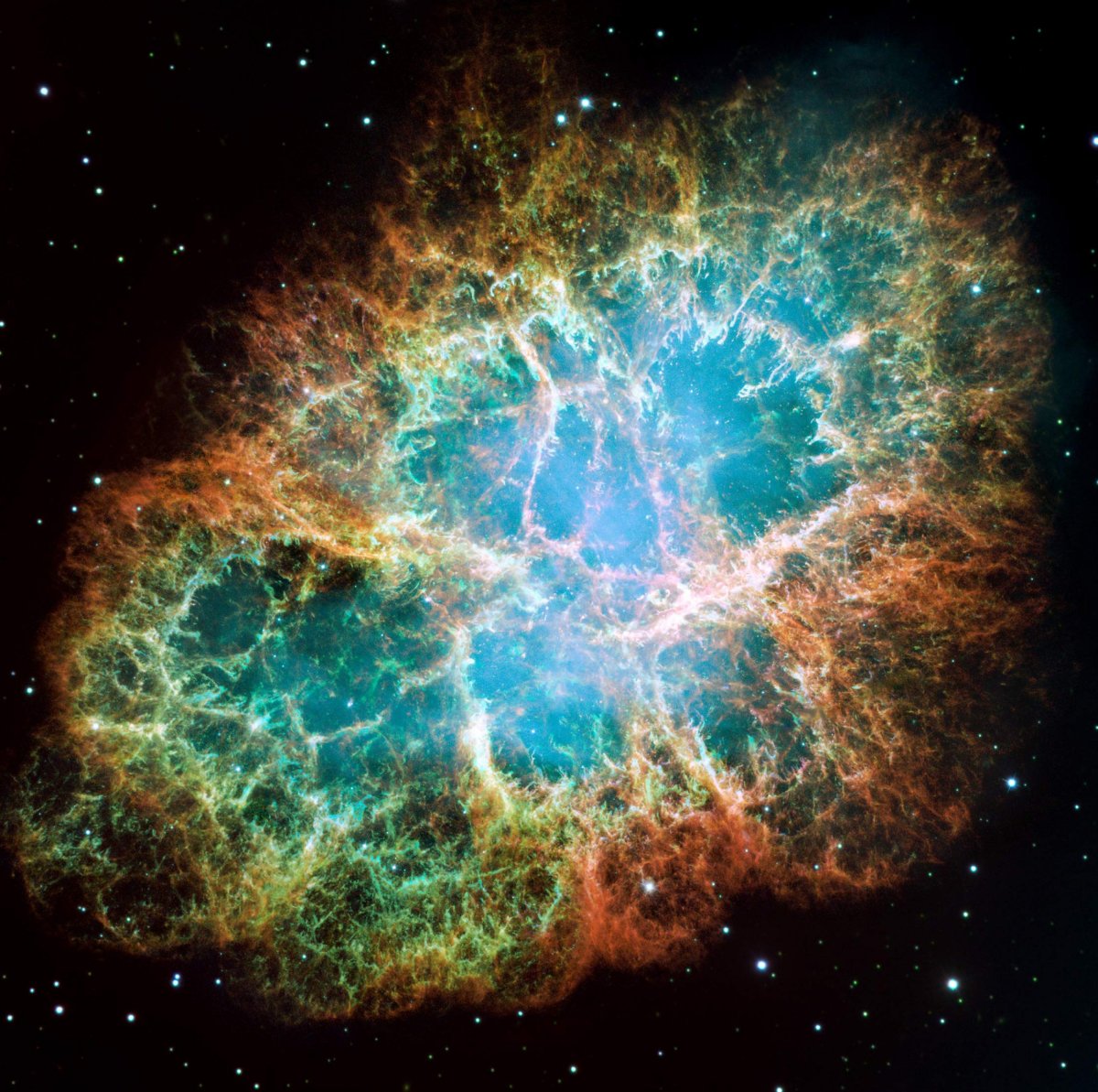Scientists need our help in the hunt to identify supernovas to unlock the mysteries of the universe and dark energy.
Amateur astronomers around the world are being implored to take a look at the stargazing tool SkyMapper and to help researchers at the Australian National University (ANU) spot distant exploding stars. The first three citizen scientists to accurately spot a supernova will be recognized publicly as "co-discoverers."
Supernovas are the biggest, brightest explosions in the universe and occur when a large star dies. The universe is far too big for scientists to search it all on their own—but that's where we come in. Usually, when something that may be a supernova is spotted, it can take a day or even two for researchers to properly investigate.
More eyes on the (virtual) sky mean these potential supernovas can be analyzed quicker. Although scientists do use a machine algorithm to vet objects, the human eye is still best for identifying these subtle differences, Brad Tucker, an astronomer at the ANU Research School of Astronomy and Astrophysics, and one of the researchers involved in the program, told Newsweek.
Related: Amateur astronomer tests news camera, catches birth of a supernova
"Right now, the slow process of discovering supernovae is waiting for a human to check it," said Tucker in a YouTube video. "With citizen scientists and the power of the people, we can check these things in hopefully minutes and tell other telescopes to start following it up and get data quicker and better."

Amateur astronomers can go to Zooniverse.org to scan the images online, looking for certain differences and markings that may indicate they are a supernova, a press release on the project reported.
"Anyone around the world can log in and help us search," Tucker said. "This is one of the great things about these searches, that by making the data available online, anyone can log in and help."
At the moment, the ANU SkyMapper is the only telescope looking for supernovas in the southern sky, but there are a number of facilities in the northern sky that are also doing this, such as PanSTARRS in Hawaii, Tucker explained.
Related: Flash-in-the-pan supernova: NASA Kepler reveals new kind of exploding star
Supernovas are so bright that at one point they can radiate with more energy than our sun will during its entire lifetime, Space.com reported. However, despite how wondrous supernovas are, the ANU researchers are interested in recording them for another reason: to understand the universe's inner workings.
Supernovas act as light beacons in our universe. By keeping track of them we can better understand how big the universe is and what it is doing.
"We can also use certain types of supernova to measure how the universe is growing over time," Tucker said. "By using these exploding stars to measure how fast the universe is growing, we can then try to figure out what is causing it to grow faster. We call this dark energy."
If you've always wanted to try to your hand at astrophysics, now is your chance. Who knows, you could be one of the first to make a discovery and forever be remembered for your contribution to space and science.
Uncommon Knowledge
Newsweek is committed to challenging conventional wisdom and finding connections in the search for common ground.
Newsweek is committed to challenging conventional wisdom and finding connections in the search for common ground.
About the writer
To read how Newsweek uses AI as a newsroom tool, Click here.








